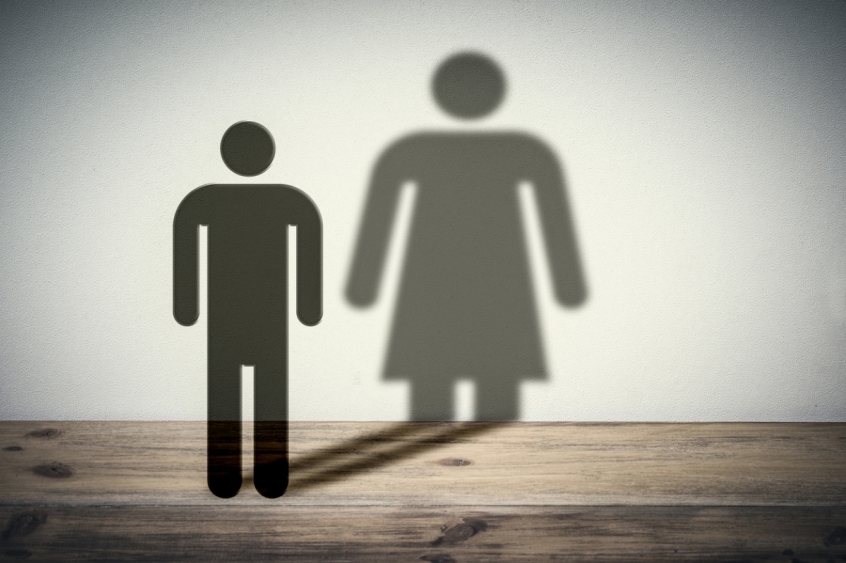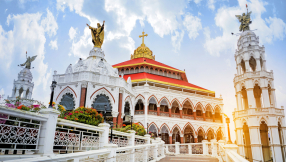
The Christian Institute (CI) is ready to take legal action against the Scottish Parliament if it moves ahead with a proposed ban on so-called conversion therapy.
The organisation called the legislation "ill-thought-out" and said that adequate scrutiny by MSPs was unlikely due to "bias".
In a letter to Holyrood's Presiding Officer Alison Johnstone, the CI expressed concern that members of the Equalities, Human Rights and Civil Justice Committee (EHRCJ) "are too close" to the End Conversion Therapy Scotland (ECTS) campaign group.
The committee is currently considering an ECTS petition calling for a ban on conversion therapy. Seven of the 10 committee members pledged to back ECTS' campaign.
CI Deputy Director Simon Calvert, warned of the implications in his letter to Johnstone.
"How can the Committee be expected to exercise impartial, critical judgement when most of its members have given assurances directly to the campaign group whose claims they are scrutinising and have promised to enact the very policies being sought?" he said.
The letter goes on to state that only one evidence session heard the concerns of Christian and other groups, while the other seven heard from advocates who support a ban.
"We are concerned that the majority of MSPs on the Committee are too close to the ECTS campaign for the public to have confidence in the outcome of their deliberations in this sensitive area of policy-making," the letter reads.
The CI was behind a successful legal challenge against the Scottish government's Named Person legislation. The controversial plan sought to have an appointed person monitor the wellbeing of every child in Scotland but was scrapped in 2019 after the Supreme Court said it breached Human Rights laws.
Mr Calvert said the CI was ready to go to court again to challenge a conversion therapy ban.
"The Christian Institute was involved in the successful legal challenge to the Named Person legislation where Parliament failed to properly scrutinise proposals," he said.
"Inadequate scrutiny by Parliament in this case may again result in human rights challenges being brought against any resulting legislation."
The Scottish government wants to ban practices that seek to change someone's sexual orientation or gender identity, but the CI and other Christian groups have expressed concern that a broadly worded ban will infringe on the preaching and practice of churches.
Mr Calvert added, "Ill-thought-out conversion therapy bans in other countries are being strongly resisted by churches, not because they wish to practise 'conversion therapy', but because the bans go much further and outlaw innocent, everyday church activities including people praying for their friends.
"It is very regrettable that concerns such as these seem to have fallen on deaf ears with the EHRCJ. The public expects impartial scrutiny. Instead, Committee members have made promises to campaign groups and taken evidence disproportionately from those supporting the petition."













